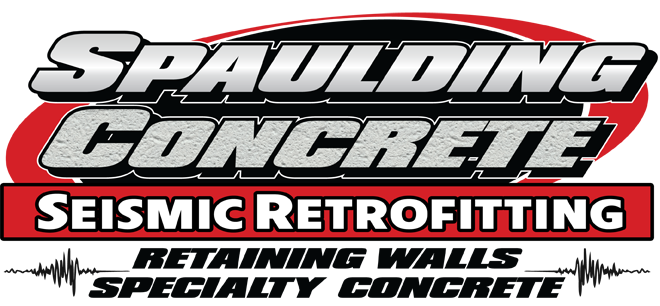What Is The Best Material For A Driveway?
Have you been trying to decide what material would be best for your driveway? Is it time to do some research and find out which option will work the best for your needs? In this post, we’ll discuss the differences between concrete and asphalt. We’ll also talk about when each is a good choice, as well as any disadvantages of using either one. You should feel more knowledgeable after reading!
The first thing to know about concrete and asphalt driveways is that they are very different. If you compare the two materials, they seem like carbon copies of one another because both need a base layer prior to installation. The difference? Concrete needs curing time for it becomes hardened while an asphalt driveway is almost immediately usable after layering (this means no wait!). They each have their own advantages and disadvantages, so read on!
Common Materials For Driveways
- Asphalt: As mentioned before, this material has few waiting times as opposed to concrete which requires some cure-time before use. Because there’s less wait time with an asphalt driveway in comparison with a concrete one, it can be installed year-round without worrying about weather conditions interfering in the process or just going through the process of placing a concrete driveway in freezing or blistering hot weather. Asphalt is also relatively inexpensive and is easy to maintain as it requires little-to-no resurfacing work due to its self-healing properties which saves homeowners money on more costly repairs.
- Concrete: Concrete needs time for curing before installation, so you will need a sufficient amount of time prior to the project even starting; this could mean up to three weeks! However, because there’s an ample waiting period needed with installing concrete driveways (usually at least two weeks), one can take advantage by laying out all other aspects of their property during that window instead such as landscaping and plants – anything else that might be contributing factors when determining how much time is needed.
- Gravel: Gravel can be installed quickly, as it’s a simple and quick installation process to lay down gravel; however, the average lifespan of gravel driveways are only about ten years before they need repair or replacement. It’s important to keep in mind that while installing a driveway with this material means you’ll have immediate access without having to wait for another period of time between laying out landscaping plans onto your property.
- Paving Stones: Paving stones may take longer than other options such as concrete or asphalt because there are more steps involved when tiling paving stones which takes some additional expertise – but if done correctly, these will last up to fifty years! This option also offers low maintenance costs because the stones are laid out on a bed of sand and cement.
- Mixed Concrete: Mixed concrete is great because it has all of the benefits of each material – while asphalt can be softer on your wallet and requires very little upkeep over time, concrete lasts even longer but costs more upfront; mixed concrete offers an affordable solution which will last almost indefinitely without needing significant maintenance or repair work completed by professionals.

- Concrete Pavers: Concrete pavers are one of the most popular forms of pavement for driveways because they’re easy to install and provide plenty of customization – this is perfect if your personal style matches with what’s available from manufacturers or you want a more unique design that isn’t as common. One downside is that concrete can crack over time, so it might require patching every few years after water seeps through cracks and causes them to widen.
- Fiber Cement: Fiber cement has many benefits when compared to other materials like asphalt or concrete such as being less expensive upfront but requiring some upkeep over the long term (maintenance work). The material has a low-maintenance coating that protects against moisture and deterioration. The benefits of fiber cement are: you’ll save money upfront for installation, it will require some upkeep over the long term (maintenance work), and it has a low-maintenance coat to protect against moisture and damage from wear and tear. The downsides include – more expensive than asphalt or concrete, not as much variety in style options, and requires maintenance often due to its protective coating.
The first choice would be asphalt because it will cost less up front and the upkeep costs aren’t too bad but this material can crack with water seeping through cracks so they need more maintenance work (maintenance repair) than concrete; also – the surface quality won’t hold up as well over time than if you were using concrete.
The second option people have is selecting concrete which can last decades without needing any repairs or resurfacing in comparison with other options like asphalt and its longevity makes it worth paying extra upfront for the initial installation. Concrete has an added benefit that allows them not only to keep clean longer than other materials but also has a natural drainage system that makes it easier for the water to run off so there’s less of a chance your driveway will get damaged.
Are You Looking for a Company to Extend Your Concrete Driveway?
Spaulding Concrete has been the SF Bay Area’s top concrete contractor for Driveway Additions & Extensions for over 30 years. The qualified concrete experts at Spaulding Concrete will be on schedule, on budget and meet or exceed standards by careful planning, professional execution, and strict quality control. To schedule your free quote, contact us today! We are proud to serve Orinda, Lafayette, Moraga, Pleasant Hill, Concord, Martinez, Pittsburg, Antioch, Brentwood and the surrounding areas.

